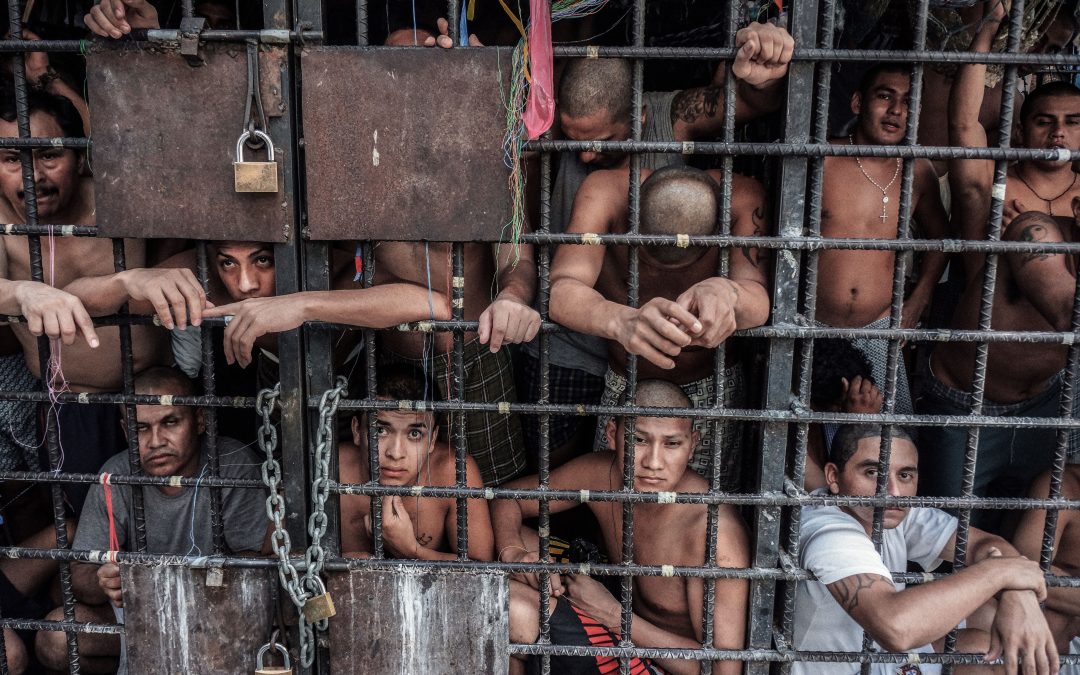Among the reactions to El Salvador’s adoption of bitcoin as legal tender, which became official this week, has been concern about Salvadoran President Nayib Bukele’s relationship with the country’s violent gangs. Those gangs, including the California-bred group MS-13, have made El Salvador one of the most dangerous places in the world.
Bukele’s administration is known to have met with leaders of the dominant gangs, mostly in prisons, as documented by the Salvadoran news service El Faro. The Bukele administration officially denies the meetings, which has raised significant suspicion.
These meetings have often been loosely bundled with Bukele’s strong-arm legislative and judicial moves to characterize him, particularly in the international press, as corrupt and authoritarian. One looming worry based on this assessment is that the new Salvadoran bitcoin policy, particularly the national dollar-bitcoin exchange facility, could be abused by criminals via influence among national leaders, particularly for money laundering.
But this is at best a simplistic picture of Bukele’s relationship with the gangs, and quite likely simply inaccurate. Though there are many unknowns, there’s no clear evidence the Bukele administration, or its bitcoin policy, have been subverted by gang ties.
According to all available evidence, Bukele’s negotiations with gang leaders have involved giving them concessions, including increased prison privileges and limited amnesty for former members, in exchange for the bosses reducing murders across the country. The sub-rosa negotiations appear to have been successful, with the murder rate down by nearly half since Bukele took power in 2019 (though those numbers were already trending downwards).
According to Tiziano Breda, an analyst covering Central American conflicts for the think tank The Crisis Group, the negotiations are, if anything, less corrupt than those that led to a brief 2012 gang truce. That deal, under former President Mauricio Funes, allegedly included shuttling prostitutes into prisons and establishing “no go” zones for Salvadoran police.
The problem for Bukele is that negotiating with the gangs is viewed with suspicion by both the Salvadoran public and, it seems, the international community. Domestically, Bukele has officially denied negotiations and instead claimed the drop in murders is the result of a militarized “Iron Fist” approach to the gangs. That approach is much more popular with the Salvadoran public than any sort of negotiations, Breda told me – even though there’s no evidence that military force is an effective solution to the complex social and economic failures underpinning the gang situation.
Negotiations are certainly not what the international community wants, either; powerful global players benefit immensely from constant combat in Central America. Though Breda says Salvadoran gangs are not deeply involved in drug trafficking, the international stance towards the entire region has been shaped by U.S. drug war policies. Those have included billions of dollars in military spending for operations including the training of terrorist paramilitaries to undermine both drug cartels and left-wing governments.
Those plans have meant big bucks for American firms, even as they destabilized the region and significantly contributed to El Salvador’s decades of violence. So while we still have much to learn about Nayib Bukele, critics seeking to use his de-escalation policies against him deserve at least as much skepticism as he does.














